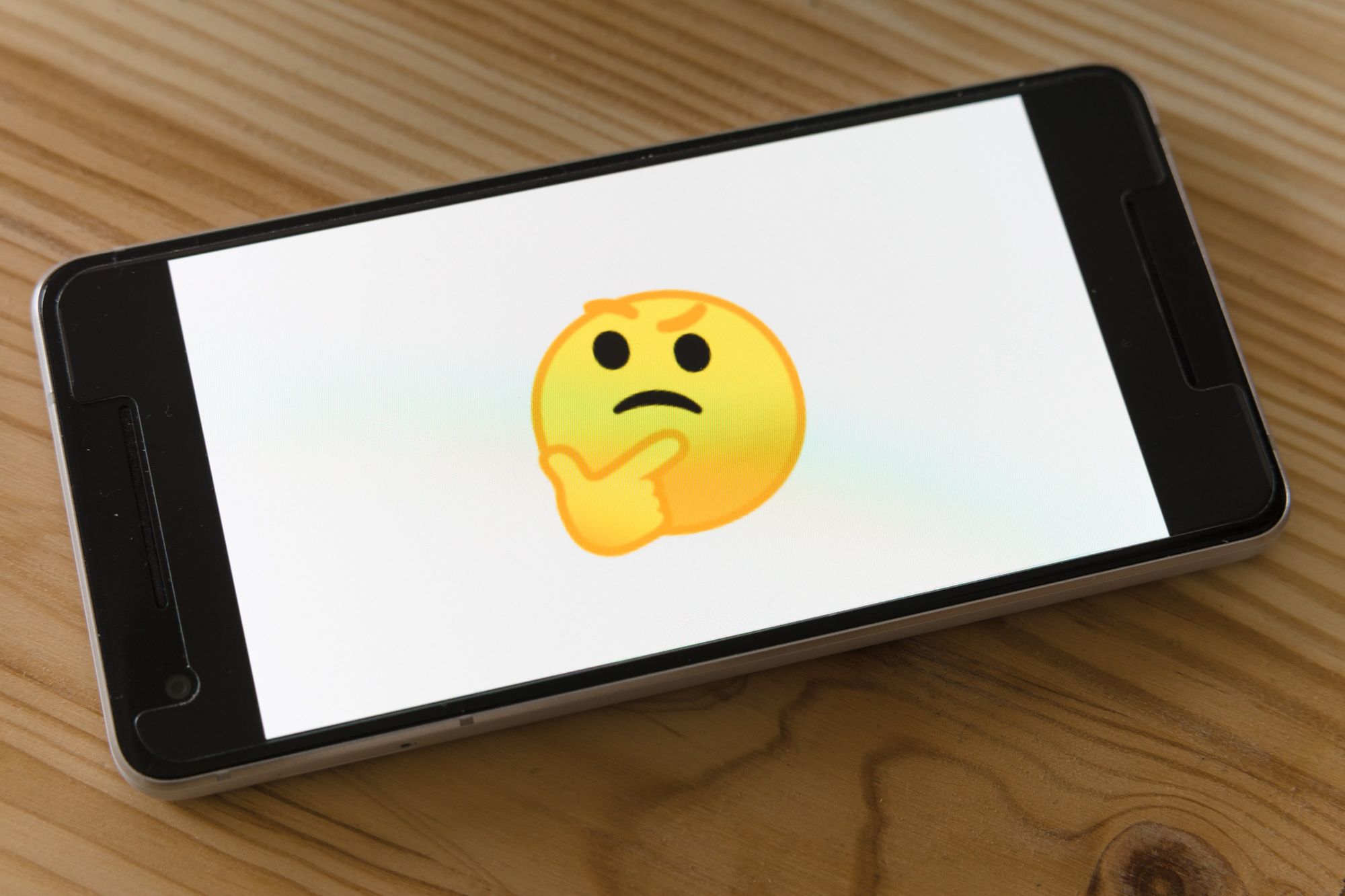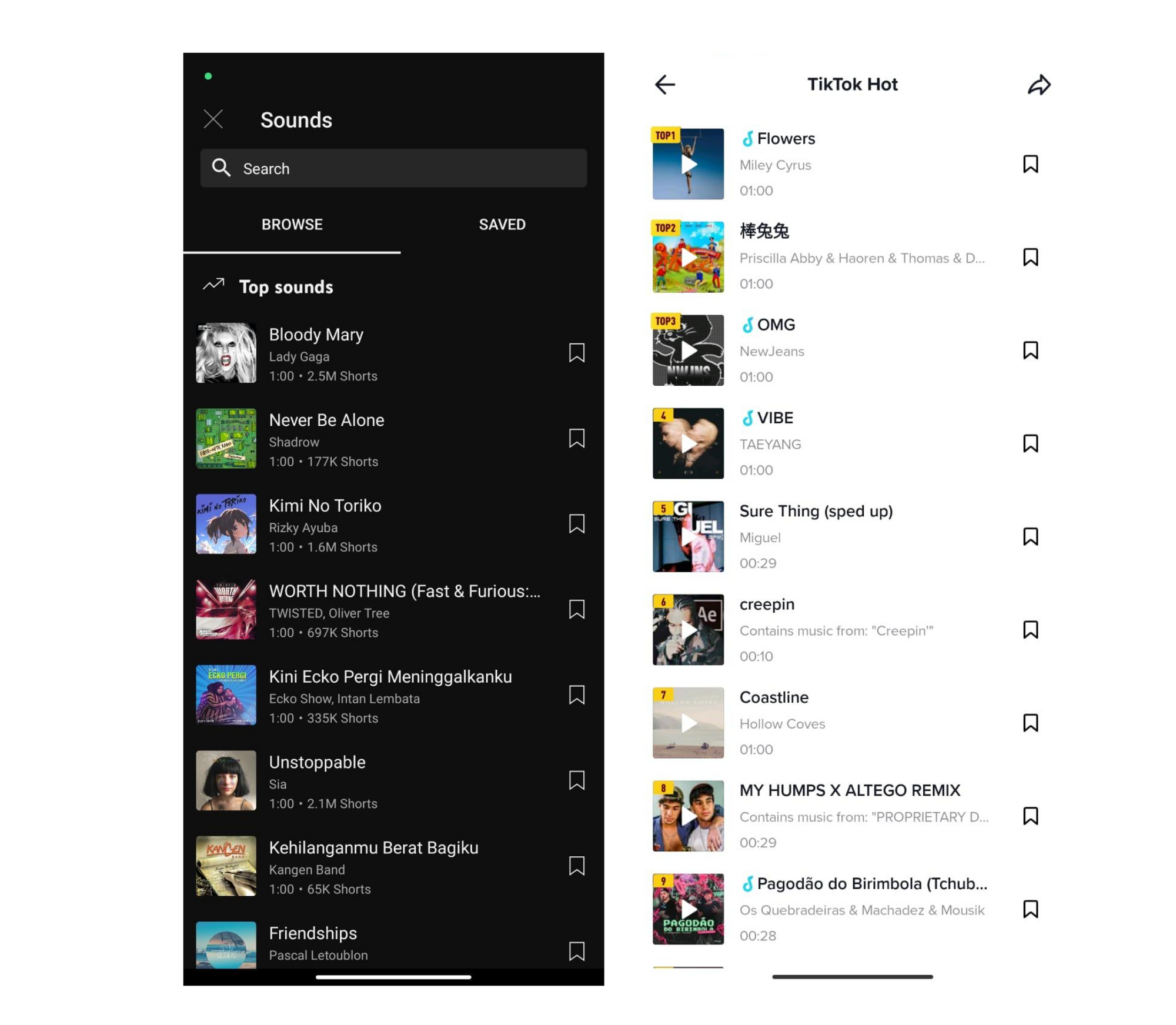The Hidden Risks of Using Pre-cleared Library: Why Creators Should Think Twice Before Using Music from TikTok
Learn the hidden risks of using platform-specific music licenses in your online video content creation on YouTube, TikTok, and more.
About the Author
Growth @ Slip.stream. Covers topics of creator economy, and music rights.
Music undeniably evokes emotion in a listener and makes them more interested and invested in what they’re watching. A recent Kantar study found that advertising campaigns utilizing music audio or sounds were at least twice as effective as their competitors at increasing brand awareness.
Nowadays almost every major platform—including Facebook and Instagram—has incorporated features for short vertical videos overlaid with trending music and sounds.
Unfortunately for creators, most trending sounds are a copyright infringement risk. Creators often have to choose between demonetizing their content by using copyrighted material or avoiding music altogether— limiting opportunities and content reach.
Major social platforms such as YouTube have begun implementing music licensing features to combat this issue and make copyrighted music more available. However, these programs are fraught with hidden risks for creators.
The True Cost of Using Platform Trending Music?
Recently, YouTube launched its Creator Music program—a collection of licensed tracks available to monetized creators.
But, this program comes with a catch. Creators looking to use sounds for commercial purposes will be required to share ad revenue with artists to use tracks in their videos.
The problem is, creators are already required to pay 55% of ad revenue to YouTube. Now, if you want to use copyrighted music in your content, you’ll be paying around half of your remaining share to the artist. And, if you use two tracks in your video, you’ll be left with as little as 18% of the ad revenue on short and long-form video content.
This could be especially detrimental to small or struggling creators.
Other platforms aren’t much better. TikTok offers a royalty-free music platform, called the Audio Library, where business users are required to pay for royalty-free tracks to use in their videos.
Additionally, there are many hidden risks associated with these platforms—like licenses expiring or not applying across platforms—that creators should be aware of before using them in their content.
An effective way to get the most out of video content is by cross-posting– taking a post made for a particular platform and sharing it with users on another. By doing the work required of one video and garnering the reach of three or more, you can maximize your impact as a creator.
This strategy becomes an issue when you use music tracks licensed from major platforms. In most cases, the same songs used on YouTube won't be available on TikTok and vice versa.
If a creator shares videos featuring this music on other platforms—even if it's another popular app like Instagram or Facebook—they could have their account banned or otherwise penalized.
Additionally, on any given day or month, popular sounds vary greatly across platforms. If you want to utilize trending sounds, platform-specific licensing just isn’t the way to go.
These were the top trending sounds on YouTube versus TikTok on the very same day:

License Expiration
Because copyrighted music must be licensed, and licenses expire after a certain period (once the copyright holder is no longer being compensated) these licenses may expire once a certain song is removed from that platform's audio library. The worst part is that licensing is 100% out of the creators' control. Ever wonder why movies you bookmarked on Netflix last year disappeared? Same thing will happen to copyrighted tracks on each platform, too.
If a platform does not cover copyrighted tracks beyond the period in which they are available in the music library, creators could have to delete the content containing those tracks.
Even worse, creators may be subject to legal action by copyright holders if they aren’t aware of when their license expires. This can get extremely tricky if the content creator has hundreds or thousands of videos on their channel or account with varying licensing periods.

Licensing Terms
Because copyrighted music must be licensed, and licenses expire after a certain period (once the copyright holder is no longer being compensated) these licenses may expire once a certain song is removed from that platform's audio library. The worst part is that licensing is 100% out of the creators' control.
If a platform does not cover copyrighted tracks beyond the period in which they are available in the music library, creators could have to delete the content containing those tracks.
Even worse, creators may be subject to legal action by copyright holders if they aren’t aware of when their license expires. This can get extremely tricky if the content creator has hundreds or thousands of videos on their channel or account with varying licensing periods.
Staying Vigilant When Using Music Licenses
As a content creator, you need to be hyper-aware of the risks that come with posting your work online. One of the biggest threats to your accounts is copyright infringement.
YouTube and other major platforms generally side with music distribution companies in copyright disputes, so it's important to keep track of the terms and conditions in your music licenses and avoid platform-specific licensing deals, which can limit what you can do with your content down the road.
When it comes to creating content, it pays to keep an eye on the fine print.
Online platforms take copyright so seriously that they'll shut down accounts and ban users who violate their terms of service. That's why it's important to know what you can and can't do when uploading your work online.
Read more
